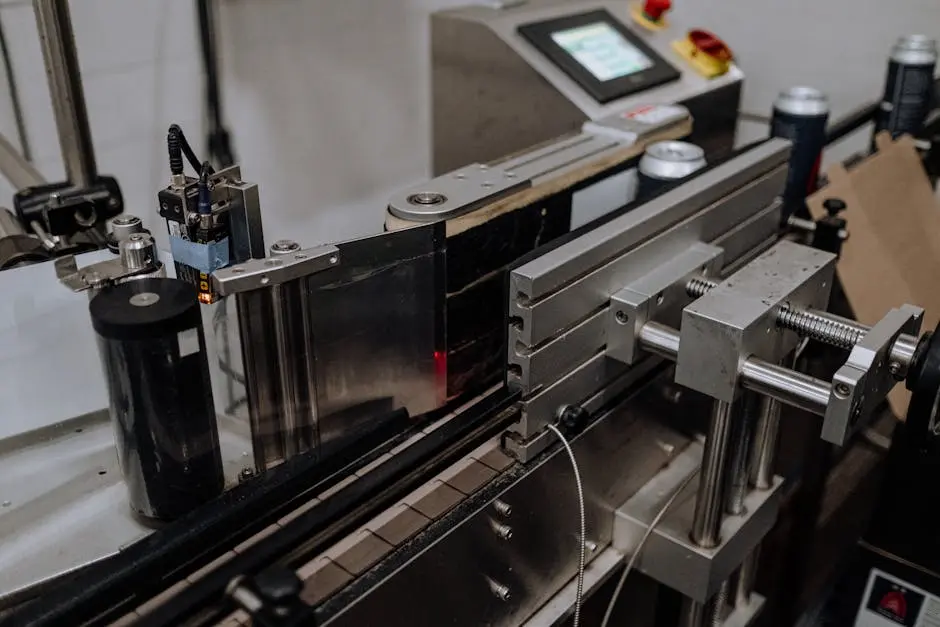Automated manufacturing solutions are increasingly becoming the backbone of modern industry, enhancing productivity and streamlining operations. But how exactly do they contribute to efficiency? In this FAQ, we’ll explore the key ways these solutions can transform manufacturing processes and lead to significant improvements in efficiency.
Minimizing Human Error
Automated systems significantly reduce the likelihood of mistakes in production, which in turn leads to higher quality products. When human intervention is minimized, the probability of errors due to fatigue or oversight decreases dramatically.
Furthermore, automation uses precise algorithms to consistently reproduce tasks with accuracy. This not only enhances product quality but also builds customer trust, as products become reliably consistent in their performance and design.
The reliability of automated manufacturing solutions allows businesses to take pride in their production capabilities. With less variability in outcomes, companies can confidently forecast their delivery times, satisfying their clients’ expectations.
Enhancing Production Speed
One of the most significant advantages of automated manufacturing solutions is their ability to enhance production speed. Automation can operate tirelessly around the clock, significantly reducing the time it takes to produce goods. Without the limitations of human fatigue, machinery can run continuously, enabling manufacturers to meet tighter deadlines.
In turn, this increased speed allows companies to respond more efficiently to market demands. Quick adaptation to changes in production requirements means that businesses can take on more projects without sacrificing quality or performance.
Moreover, enhanced production speed does not come at the expense of quality. This dual benefit of improved speed and maintained quality makes automated solutions an invaluable asset in today’s competitive manufacturing landscape.
Optimizing Resource Usage
Automated solutions ensure efficient use of materials and resources, reducing waste and lowering costs. By optimizing the production process, organizations can make more effective use of raw materials, which positively impacts profitability.
In addition to material savings, automation allows for a more streamlined operation, which can lead to lower energy consumption. Reduced waste and optimized resource usage not only benefit the company’s bottom line but also contribute to environmental sustainability.
As companies increasingly focus on sustainability, automated manufacturing solutions provide a pathway to operate not just profitably, but also responsibly. The transition to automation can align businesses with eco-friendly practices that are now paramount in consumer decision-making.
Improving Flexibility and Scalability
Automation provides the flexibility to adapt to changing production demands and easily scale operations. With the sophisticated algorithms used in automated systems, businesses can quickly switch between different products or production lines.
This adaptability is essential in a market characterized by fluctuating demands. Companies that adopt automated solutions are better equipped to handle variability without a significant investment in additional labor or resources.
Additionally, as businesses grow, the scalability of automation technologies facilitates seamless expansion. This eliminates potential bottlenecks in production, ensuring businesses can keep pace with growth without compromising on quality or efficiency.
Summary of Key Benefits
In conclusion, automated manufacturing solutions play a crucial role in enhancing efficiency through improved accuracy, reduction of waste, and the ability to operate continuously. By leveraging technology, companies can stay competitive and meet the growing demands of the market.


